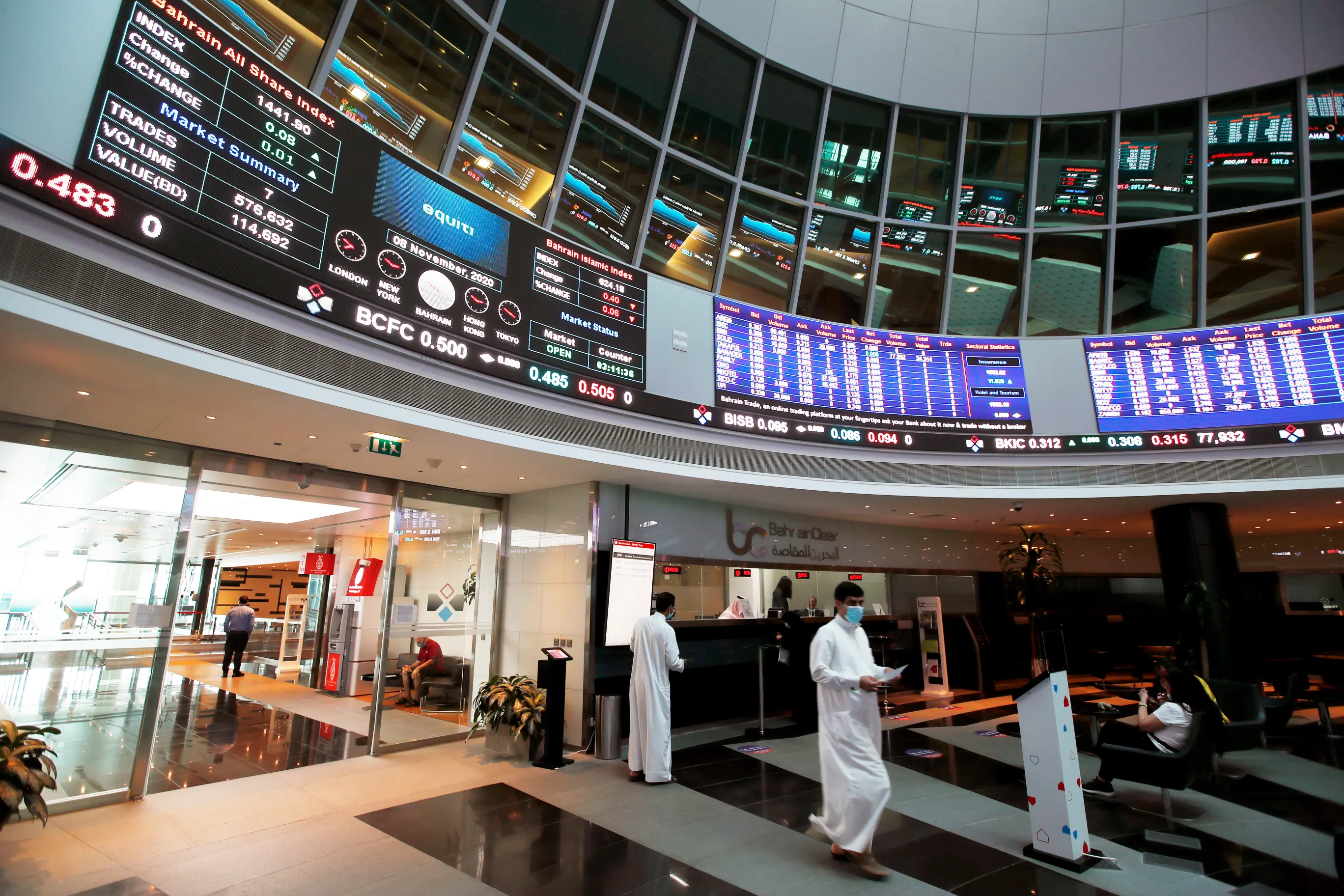September 25, 2025
Dubai and Abu Dhabi shares rose after the UAE central bank cut interest rates, boosting investor sentiment and signaling support for economic growth.

Dubai and Abu Dhabi stock markets saw a notable upswing following the UAE Central Bank’s decision to cut key interest rates, a move aimed at stimulating economic activity and bolstering liquidity across the financial system. The rate adjustment has been interpreted as part of the UAE’s broader effort to safeguard growth amid global uncertainties, rising energy costs, and fluctuating investment flows.
In Dubai, the benchmark DFM General Index gained momentum as investor confidence improved, with significant advances recorded across the banking, real estate, and investment sectors. Market leaders such as Emirates NBD and Emaar Properties saw increased trading volumes, reflecting optimism that lower borrowing costs would drive business expansion and consumer spending.
Abu Dhabi’s ADX General Index also posted gains, with blue-chip firms, particularly in the energy and telecommunications sectors, benefiting from renewed investor interest. Analysts highlighted that the rate cut would lower financing costs for large-scale infrastructure projects, support private sector borrowing, and reinforce Abu Dhabi’s efforts to attract foreign capital.
The UAE Central Bank’s decision was closely aligned with broader regional trends, following the US Federal Reserve’s signals of easing monetary policy. By cutting rates, the UAE aimed to maintain competitiveness in capital markets and ensure adequate liquidity across its banking system. Economists noted that the move demonstrates the central bank’s commitment to sustaining domestic growth while mitigating the impact of global volatility.
Market analysts suggest that the rate cut will have wide-ranging effects. For businesses, reduced financing costs are expected to encourage investment, particularly in construction, tourism, and technology. For households, lower lending rates could support mortgage activity and consumer loans, providing a boost to the retail and housing sectors.
The upward trend in stock performance also reflects investor confidence in the UAE’s diversified economic model. With ongoing initiatives under Vision 2031 and long-term projects aimed at reducing reliance on oil revenues, the country continues to position itself as a resilient hub for business and finance.
International investors responded positively to the announcement, with fund inflows into both Dubai and Abu Dhabi exchanges increasing. Analysts believe this signals broader confidence in the UAE’s ability to weather external shocks and maintain its growth trajectory. However, they cautioned that the sustainability of these gains will depend on global market conditions, including oil prices, geopolitical risks, and US monetary policy developments.
In the short term, the UAE’s rate cut is expected to support stock market momentum, stabilize capital markets, and provide relief to both businesses and consumers. In the long term, it reinforces the nation’s strategic positioning as a safe and attractive environment for investment, even in times of international economic turbulence.
The rally in Dubai and Abu Dhabi stock markets underscores the interconnectedness of monetary policy, investor sentiment, and economic growth. For the UAE, the decision may mark an important step in securing financial resilience and further enhancing its role as a key player in regional and global markets.